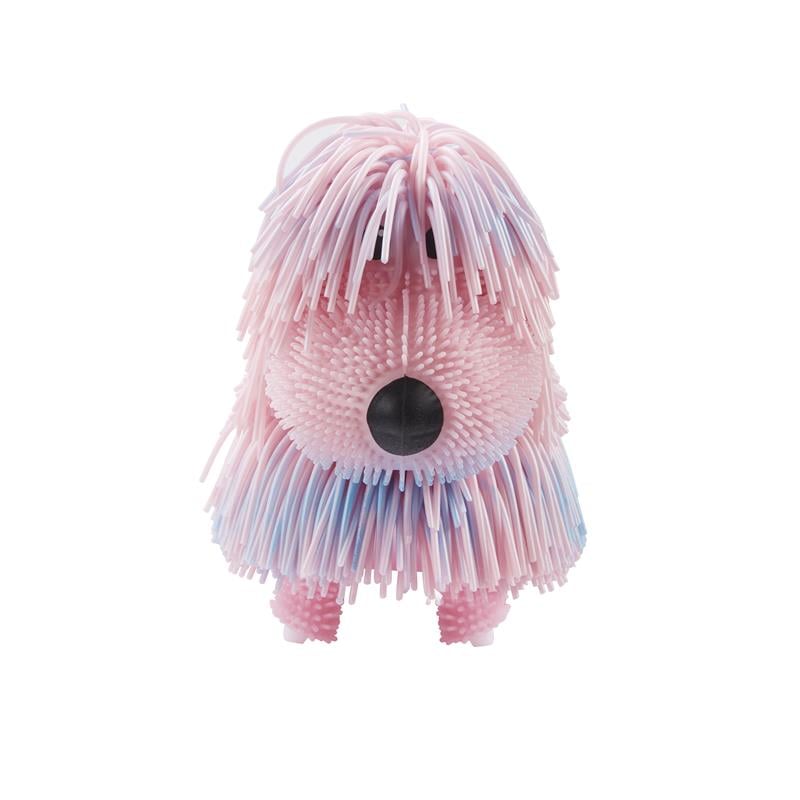- cross-posted to:
- aboringdystopia@lemmy.world
- cross-posted to:
- aboringdystopia@lemmy.world
According to the debate, they had their reasons. But still – when one hundred and eighty six nations say one thing, and two say another, you have to wonder about the two.


You’re working under the hypothetical that mankind would just one day stop consuming animal products and every animal would be released into the wild. That’s not what would happen.
There are two possibilities: policy-driven or consumer-driven, both essentially work the same way. We would at some point stop breeding new farm animals, be it because it’s outlawed or because demand for animal products would go down. Either way, this would be a gradual process over decades. Every animal that is already bred would of course still be slaughtered, just like they are now. This would lead to the extinction of the domesticated branches of some animal families, true. However, as they add absolutely nothing to biodiversity, there is no loss to nature. Their free cousins still exist roaming the planet anyway such as the red junglefowl and the wild boar.
Also, feral chickens, feral dogs, feral pigeons, and feral cats among many more feel hurt by your statement they couldn’t survive in the wild. For many domesticated animals it’s simply not feasible to release them to the wild not because they couldn’t survive on an individual level but because of their sheer number no potential habitate could survive it.
You’re very much romanticizing what happened here. A pact requires consent. Animals can’t consent, so there is no pact. Especially not a sacred one, I mean, what the fuck?
I wouldn’t go as far as calling what we’re doing slavery either for the same reason, human concepts of free will and consent don’t really work with animals. But if you think, we’re actually caring for these animals, I have a bridge to sell you.